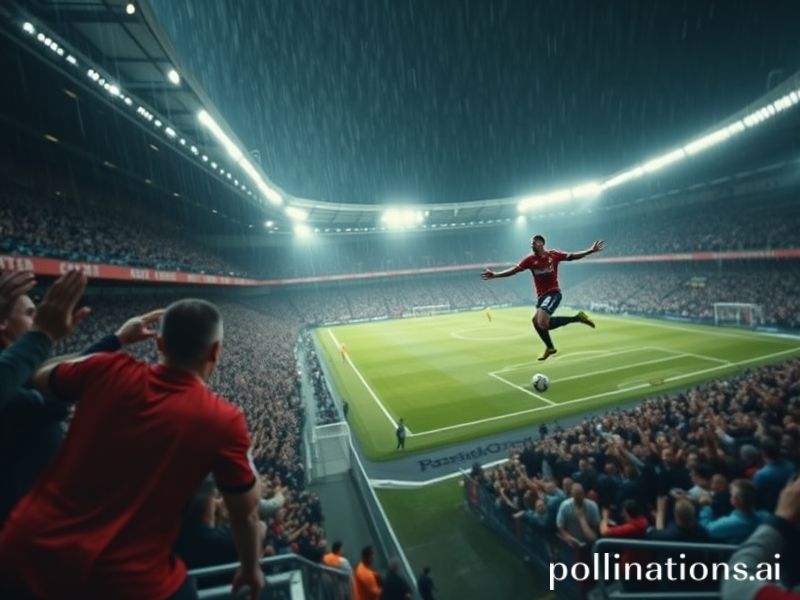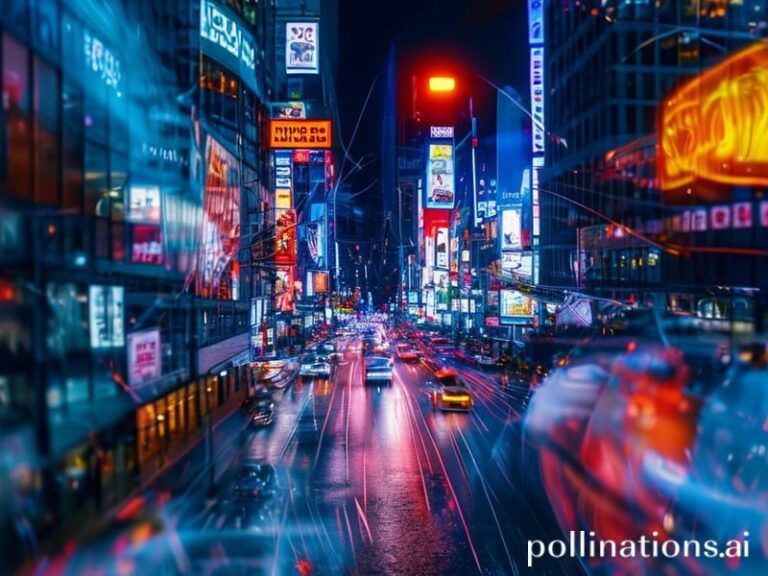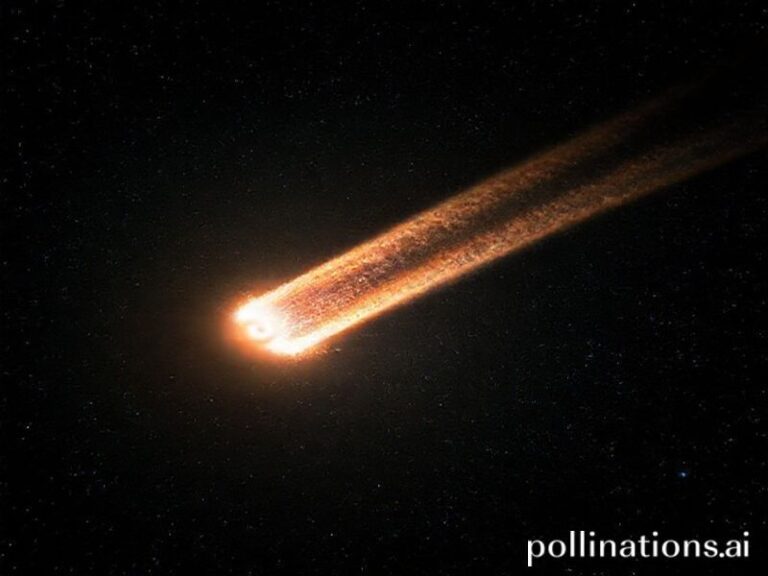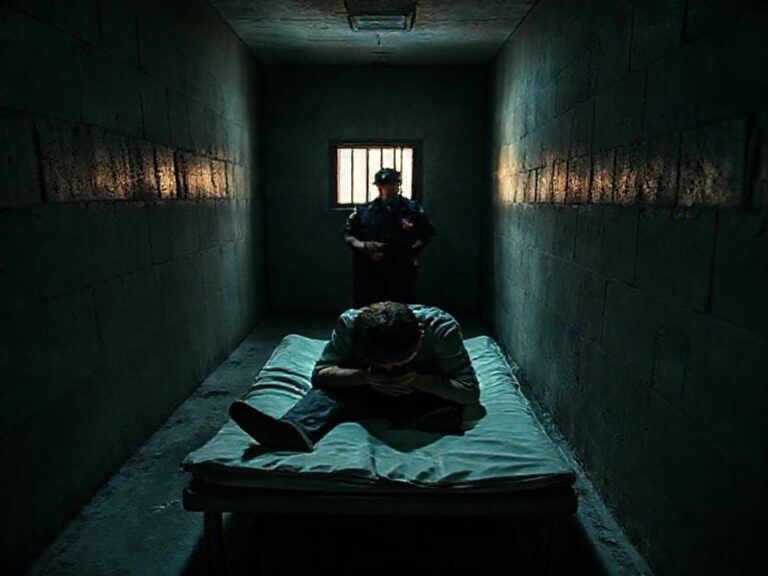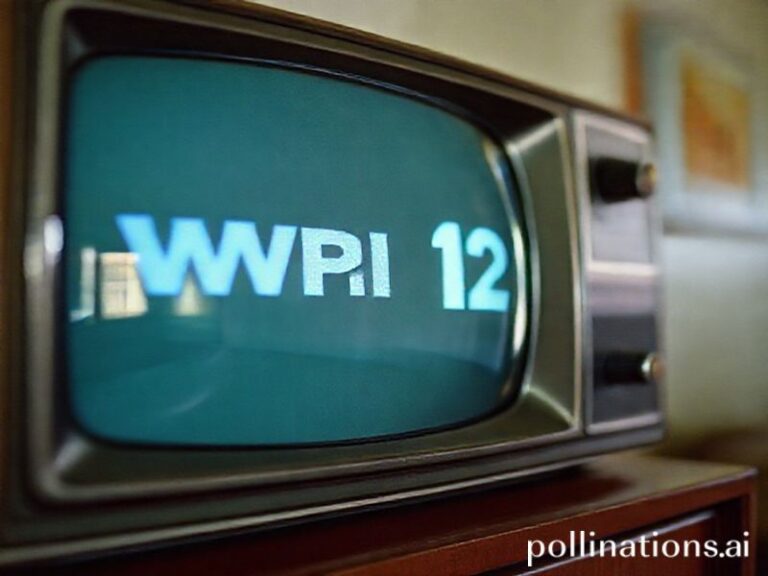Manchester United vs Chelsea: A Global Farce Worth Staying Up For
On a planet where glaciers recede faster than Chelsea’s back line under sustained pressure, Manchester United versus Chelsea is still treated as a clash of civilizations—two privately owned super-yachts bumping hulls in the same oligarchic marina while the rest of us watch from a rapidly warming shoreline. From the neon canyons of Shanghai to the smog-softened skies of São Paulo, millions of otherwise rational adults will set alarms for 3 a.m., 4 a.m., or whatever ungodly hour their local broadcaster has decreed, all to see which set of expensively assembled strangers can more convincingly pretend to care about a crest stitched onto a shirt.
The fixture’s gravitational pull is remarkable. In Lagos, okada drivers haggle over data bundles just to stream two minutes of buffering footage. In Berlin, techno DJs splice crowd-noise samples from Old Trafford into 128-BPM tracks nobody asked for. And in Qatar—where the air-conditioned stadiums gleam like mausoleums of misplaced optimism—expatriate accountants in knock-off retro shirts argue about Mason Mount’s heat-map as though the algorithm itself were a minor deity. Humanity, it seems, will always find new ways to outsource emotional significance to 22 men chasing a ball sponsored by a cryptocurrency exchange that no longer exists.
Global supply chains have nothing on the United-Chelsea pipeline. The starting XI’s alone represent enough carbon-offset pledges to replant the Amazon twice over, assuming anyone ever remembers to cash the check. United’s latest Brazilian winger—signed for the GDP of a small Baltic republic—will be marked by a Senegalese-Italian defender who spent last summer modelling watches in Dubai. The midfield will feature a Croatian genius who speaks five languages yet still can’t locate Manchester on a map, and an English teenager whose main cultural export is a TikTok dance you’ll be sick of by Thursday. Somewhere in the directors’ box, a former oligarch, an American private-equity titan, and a Saudi sovereign-wealth hobbyist will sip kombucha and pretend to enjoy each other’s company. The United Nations looks positively minimalist by comparison.
The geopolitical subplot is impossible to ignore. Chelsea, once the petrodollar plaything of a sanctioned Russian billionaire, now operates under the stewardship of a Los Angeles Dodgers consortium that speaks earnestly about “synergies” and “fan engagement ecosystems.” United, meanwhile, remain the Glazer family’s leveraged piñata—an ATM in red trim that spits out dividends faster than Erik ten Hag can say “team cohesion.” Each misplaced pass is thus parsed for macro-economic meaning: Is that turnover a metaphor for post-Brexit supply bottlenecks, or merely evidence that Antony’s weaker foot should be tried at The Hague?
On the pitch, the game itself promises all the narrative tension of a tax audit. United have recently discovered that crossing the ball into the box is not, in fact, a war crime, while Chelsea are experimenting with a formation best described as 4-No-Idea. Both clubs have spent enough on defenders alone to end malaria, yet still look surprised when the ball trickles past their statuesque back lines like a regretful email. If the universe is a cold, indifferent void, then these defenses are its local franchise.
Yet the planet keeps spinning—albeit wobbling slightly from polar melt—and the final whistle will not end the spectacle. In Jakarta, fan forums will combust over whether Alejandro Garnacho is the new Ronaldo or merely the old Bebe. In Nairobi, counterfeit shirt vendors will slash prices on last season’s “Potter 22” jerseys, repurposing the fabric into political rally flags. And in a sports-bar somewhere off Interstate 95, a tipsy expat will insist to baffled NFL regulars that the away-goals rule still matters, even though it was abolished two years ago by executives who realized confusion drives engagement.
When the lights dim and the oligarchs’ jets lift off into the same polluted sky, the scoreline will be archived next to every other ephemeral result: a comma in the run-on sentence of late capitalism. But somewhere a child in Kolkata will replay a looping GIF of a volleyed equalizer, feeling, for seven seconds, that the world is both smaller and larger than it was before. That’s the real transfer fee—paid not in euros or petrodollars, but in the universal currency of hope, expertly monetized by people who long ago forgot what it feels like.

